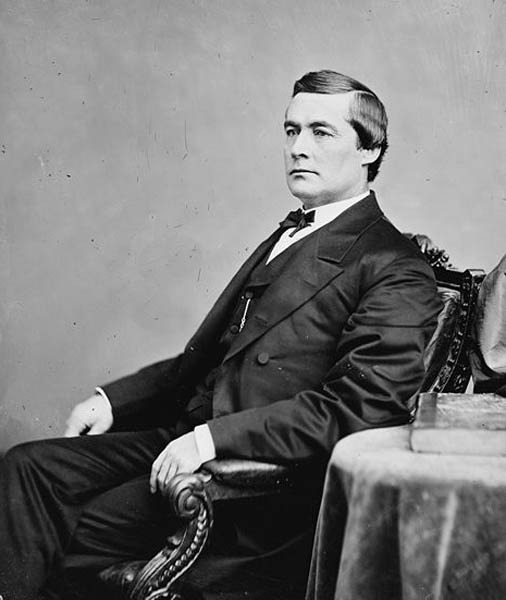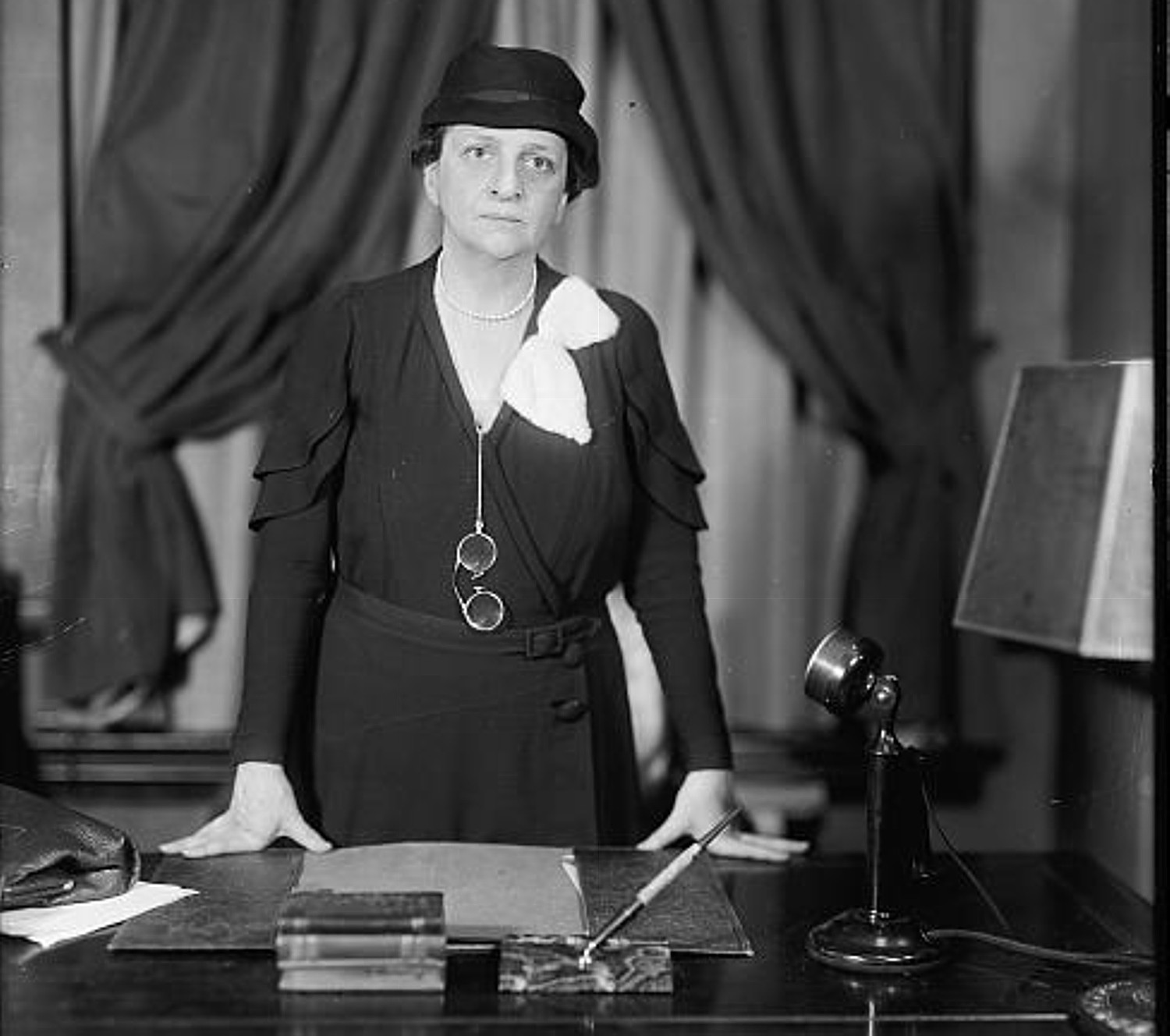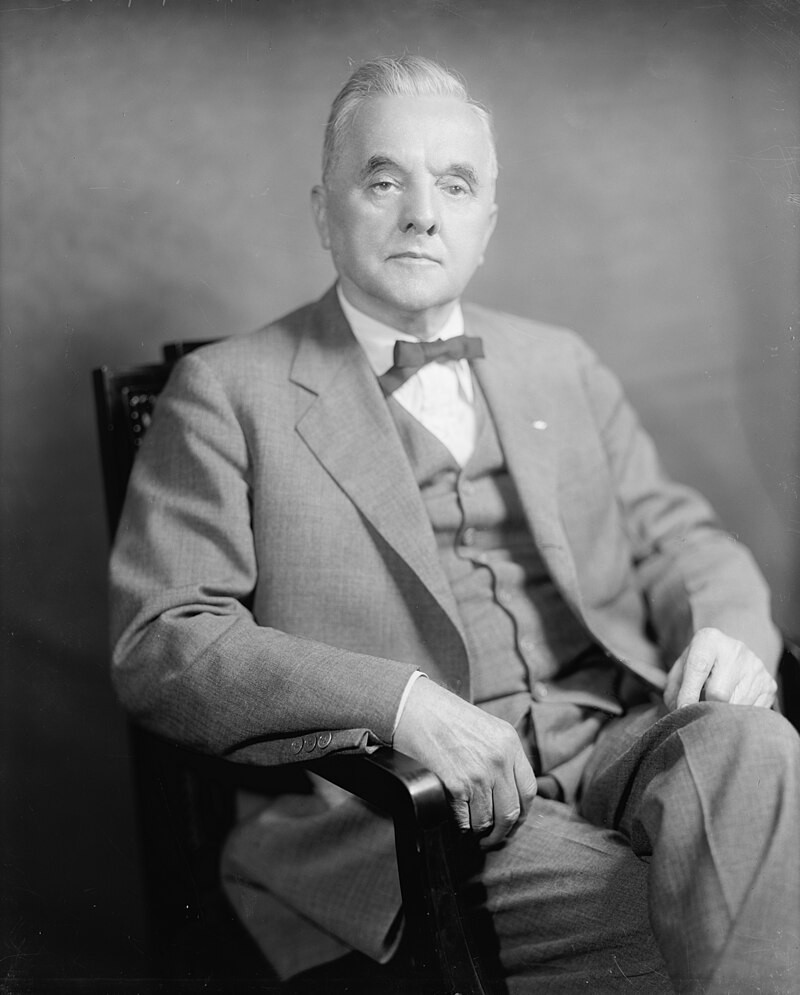Rationalizations, I collect ‘em like baseball cards.
“Everybody does it”; “They owe it to me,” two of my All Stars.

Here’s what one client told me in a pre-talk interview justifying his company unethically obtaining inside information on a bid to get the jump on the competition: “You don’t understand, Jim. We don’t want to do these things, but if we want to operate from a level playing field, sometimes we have to.”
I just added one more to my collection.
According to the transcript of an N.C.A.A. hearing looking into allegations of academic cheating by some student-athletes atFlorida State University, University President T.K. Wetherell actually told the N.C.A.A.’s Committee on Infractions, “We don’t really believe they cheated. They got inappropriate help.”
The New York Times reported (Oct. 15), that “Wetherell… apologized for the actions of a ‘rogue tutor’ and an instructor while minimizing the culpability of athletes, who were found to have received answers to test questions and allowed tutors to type and write their papers.”
“Rogue tutors”?
“Rogue,” isn’t that an expression usually reserved for scary people like, a “Rogue Police Officer,” or “Rogue CIA Operatives;” you know, really dangerous people who rely on threats and intimidation tactics to achieve their goals?
(Cue the Movie Voice Guy.)
Coming Next Summer – Just when you thought it was safe to take a test… Nicholas Cage, Dwayne ‘The Rock’ Johnson… ‘ROGUE TUTORS.’
Actually, this isn’t the first time I’ve heard the word “inappropriate” in the context of school cheating.
Several years ago, in another pre-talk interview for a very small college, one teacher explained to me that the school forbade the use of the term “cheating”.
I laughed, thinking this was a joke.
“It’s no joke,” the teacher said. “We are not allowed to call it cheating.”
“What do you call it,” I asked.
“Here, let me read it from the school handbook,” she said. “It’s called, ‘inappropriate test-taking behavior.’”
When I asked why they were going to such lengths to downplay what was clearly wrong, the teacher explained that the school operated on very limited funds. “Most of the money comes from student tuition and special fees. The school president and board are reluctant to take any actions which might jeopardize losing a student and… the money.”
“Frequently,” ethicist Michael Josephson says, “one is tempted to adopt benign interpretations of deceptions, concealments, conflicts of interest, favoritism, and violation of established rules and procedures under the umbrella rationale of ‘it’s all for a good cause.’”
In a moment from the Jack Nicholson-Diane Keaton film,Something’s Gotta Give, Nicholson’s serial boyfriend character looks Keaton squarely in the face and says, “I have never lied to you. I’ve always told you some version of the truth.”
It will be interesting to see what “version of the truth” Florida State’s President, T.K. Wetherell, will tell the school’s board about the cheating incident.
Comments











